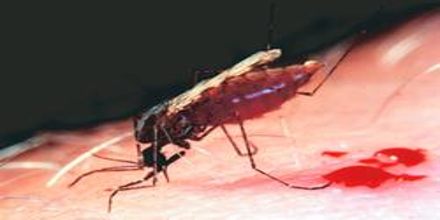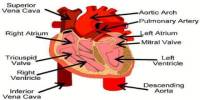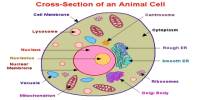This is a tutorial based lecture based on Protists – Malaria. Protist is an organism that lives on or in a host organism and causes harm to that organism. Malaria is a mosquito-borne infectious disease of humans and other animals caused by parasitic protozoans belonging to the Plasmodium type. According to the World Health Organization, 300-500 million cases of malaria occur each year. Malaria results in 1.5-2.7 million deaths per year (much more than AIDS). Malaria causes symptoms that typically include fever, fatigue, vomiting, and headaches.
Lecture on Protists – Malaria
















